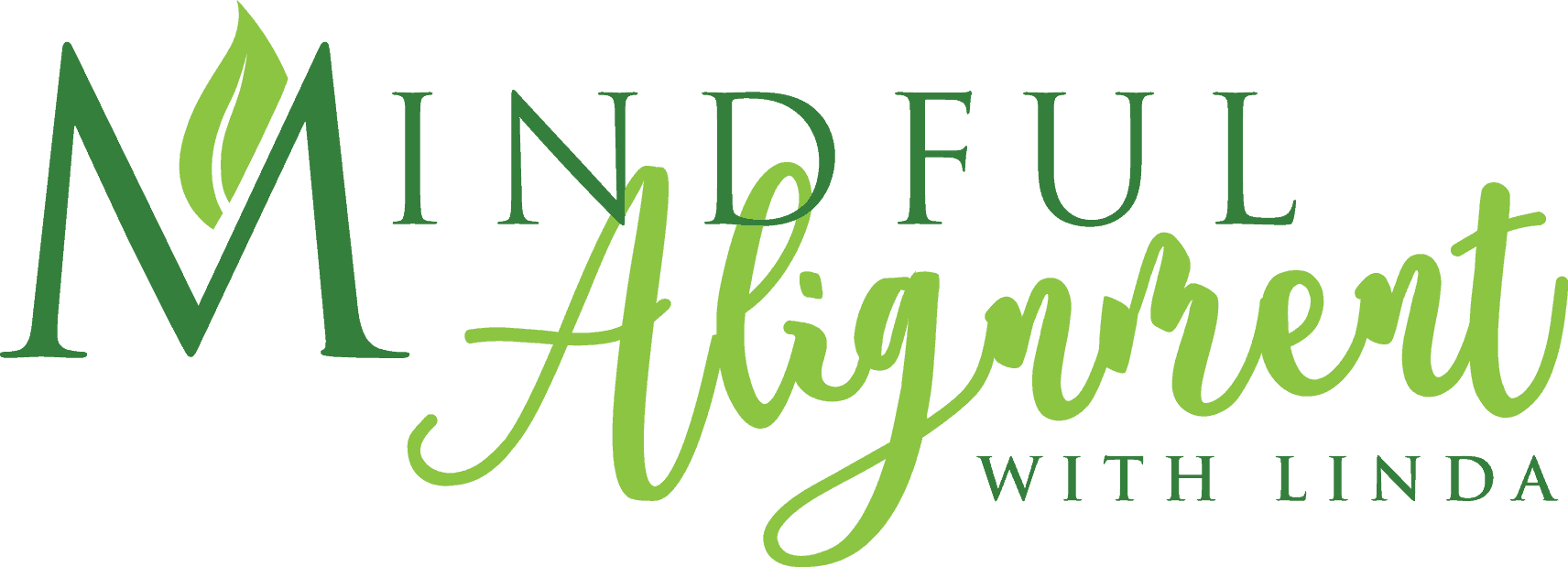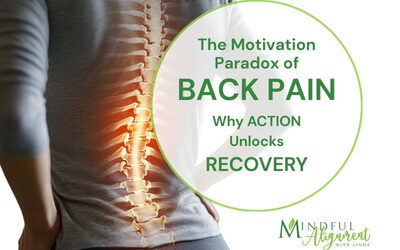How Improper Alignment Causes Pain and Reduces Mobility
As human beings, we are meant to move. It’s not only good for us physically but mentally as well.
Recently, I decided to start my day by going outside to absorb some sunshine. Before long, I found myself moving a little then walking about 10 minutes. The more I walk, the better I feel. When time permits, I spend about 40 minutes outside. Which is in addition to my other movement practices.
Walking pain-free and with greater efficiency leads to greater enjoyment
First, however, your body needs to be correctly aligned.
The head and neck are some of the first places one might notice that your alignment could use some improvement.
When stacked over the spine, your head weighs about 7-8 pounds. The head’s weight increases as the head come forward, putting a strain on the cervical spine. Along the way, that curve in the neck flattens out, leading to other alignment issues.
Muscles in the neck support the cervical spine and help facilitate movement in the upper back, shoulders, neck, and head. Some muscles attach the cervical spine to the shoulder blades or the mid-back. Others connect the base of the skull to the cervical spine.
If there is tightness in the neck muscles, the entire body’s alignment may be affected. For example, tightness from one shoulder can be traced to the opposite hip. It’s not just the affected muscles but the tendons, ligaments, and fascia as well.
If you regularly have issues with neck pain, shoulder pain or headaches, it could be a combination of alignment and stress. Find out more and what to do about it in my article: Common Causes of Headaches, Neck Pain & Shoulder Pain
The workload for any muscles that attach to the cervical spine can increase when your head is in the forward position. Gradually, the muscles may lengthen, shorten, weaken or become tighter. Both scenarios may lead to imbalances in the body as your body tries to adapt, making walking and moving uncomfortably.
Tension in the shoulders caused by your head, neck, and shoulders in the forward position negatively affects your muscles, leading to chronic pain. The more pain, the less likely you are to move.
Awareness is the best place to start
First, notice your head and shoulders position when sitting and standing. Then become more aware of how your body moves.
Change happens once you’ve noticed the alignment patterns in your body. Then you can move more efficiently and with less pain so that you can enjoy a walk outside.
If you struggle with body and alignment awareness, yoga is an excellent tool to help you learn.
Bottom Line: Improve your health and well-being by taking some time each day to walk and move in a way that feels good for your body!
If you would like help to reduce your pain or would like to know more information about my services, send me a message or call (973) 476-8661.
Are you tired of living with pain?
Are your activities and daily choices determined by your level of pain?
Are you ready to change your life for the better and gain back your physical freedom?
My unique and custom designed approach comes from years of training, education and experience. Together, we will get you back to living pain free and enjoying life.
Sign up for a private session today
It’s never too late to try something new.

Related Articles:
Beyond Calcium: The Power of Yoga for Bone Health
Discover how yoga supports bone health and osteoporosis prevention. Learn science-backed poses that strengthen your skeleton and reduce fracture risk.
The Motivation Paradox: Action is the Catalyst for Healing Back Pain
Discover the Motivation Paradox of Back Pain—why waiting for motivation keeps you stuck and how action is the true catalyst for healing. Learn science-backed strategies to break the pain cycle and reclaim mobility.
Transform Back Pain Anxiety: From Uncertainty to Empowerment
Discover how to navigate pain anxiety with empowerment. Embrace uncertainty and reclaim your healing journey through mindfulness and resilience.
Transforming Your Relationship with Back Pain: A Mindset Revolution
Back pain is more than a physical challenge—it's a profound psychological journey. The real battle isn't just in your muscles and joints, but in your mind. Your thoughts can either be a prison or a pathway to healing. Reframing Your Inner Narrative When chronic pain...




